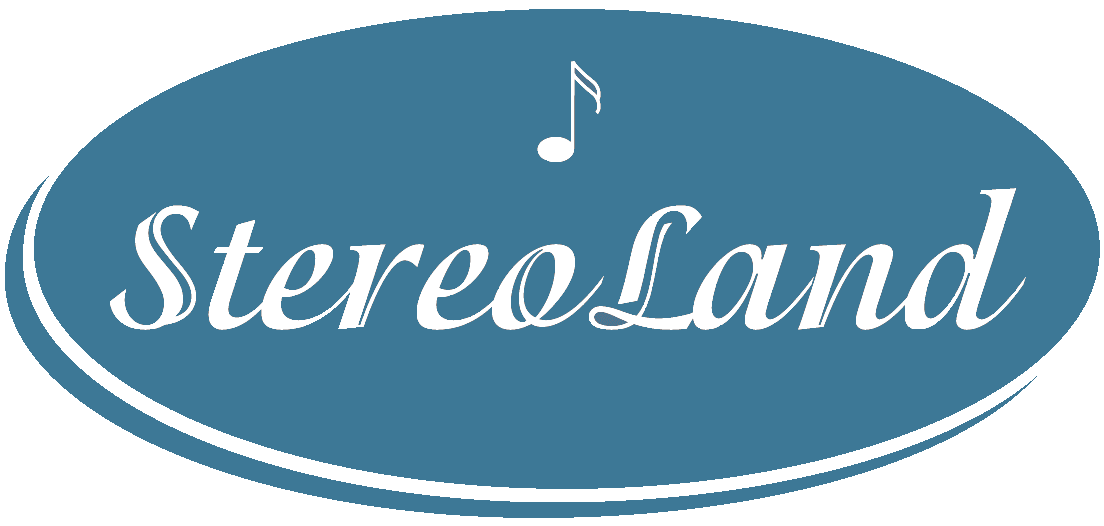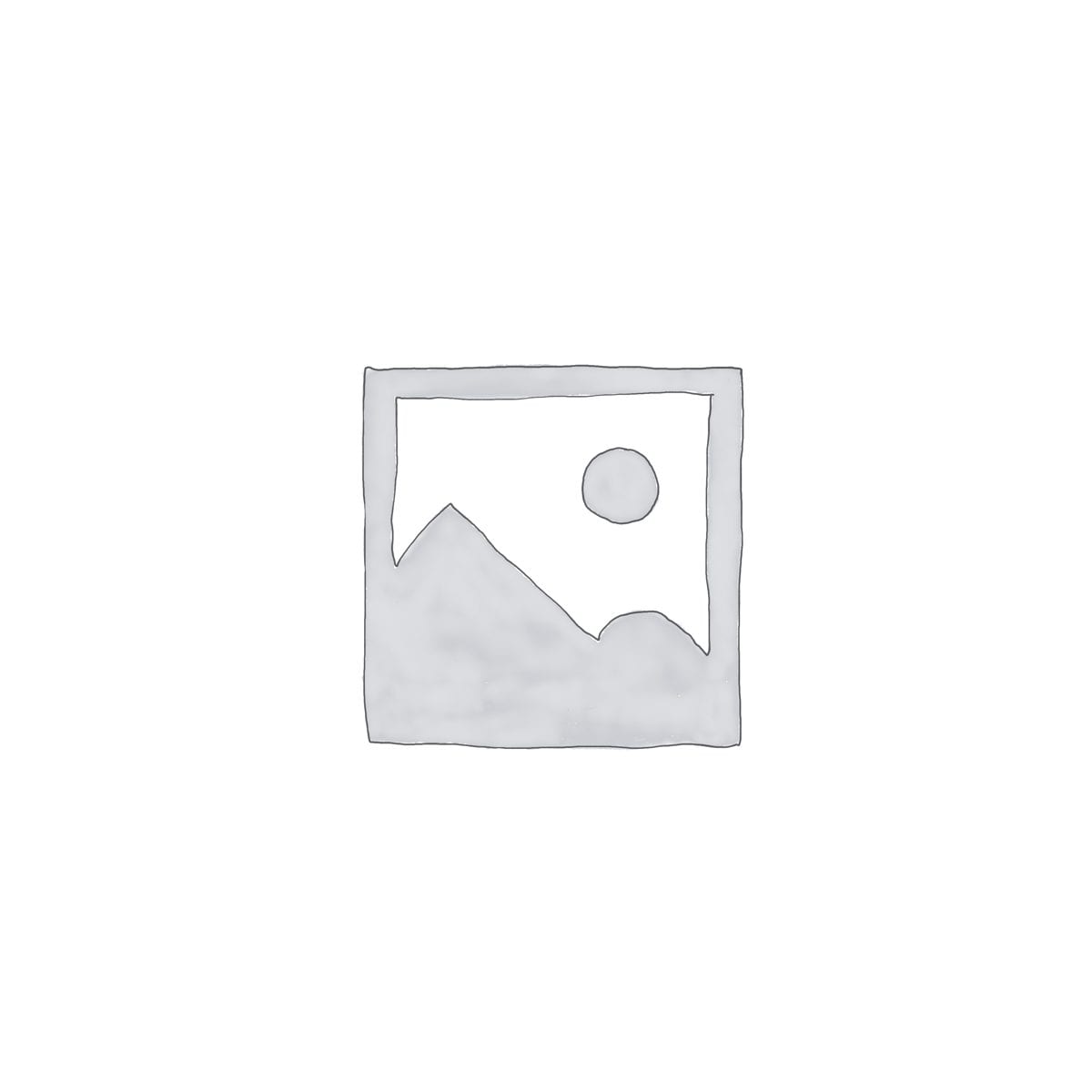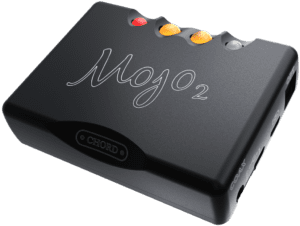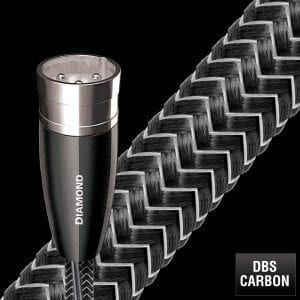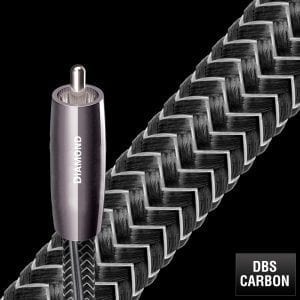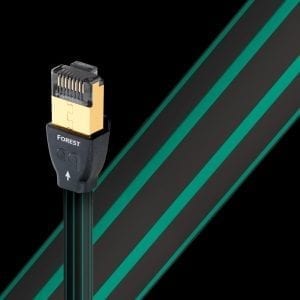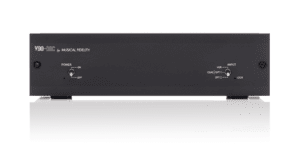AES/EBU, developed jointly by the Audio Engineering Society and the European Broadcast Union, established a two-channel digital standard for interconnecting digital devices in the professional world. But, AES/EBU also has its application in the domestic environment as well. While AES/EBU can be single-ended, balanced, or optical, here we refer to the balanced-digital interconnect.
Available Lengths: 0.75m-5m
HARD-CELL FOAM INSULATION
Hard-Cell Foam (HCF) Insulation ensures critical signal-pair geometry. Any solid material adjacent to a conductor is actually part of an imperfect circuit. Wire insulation and circuit board materials all absorb energy. Some of this energy is stored and then released as distortion. Hard-Cell Foam Insulation is similar to the Foamed-PE used in our more affordable Bridges & Falls cables, and is nitrogen-injected to create air pockets. Because nitrogen (like air) does not absorb energy and therefore does not release any energy from or into the conductor, distortion is reduced. In addition, the stiffness of the material allows the cable’s conductors to maintain a stable relationship along the cable’s full length, producing a stable impedance character and further minimizing distortion.
SOLID 1.25% SILVER CONDUCTORS FOR IMPROVED DIGITAL PERFORMANCE
Solid conductors eliminate strand-interaction distortion and reduce jitter. Solid silver-plated conductors are excellent for very high-frequency applications, like HDMI audio. These signals, being such a high frequency, travel almost exclusively on the surface of the conductor. As the surface is made of high-purity silver, the performance is very close to that of a solid silver cable, but priced much closer to solid copper cable. This is an incredibly cost effective way of manufacturing very high-quality HDMI cables.
FOIL + TINNED BRAID SHIELD
CARBON-BASED 3-LAYER NOISE-DISSIPATION SYSTEM (NDS)
It’s easy to accomplish 100% shield coverage. Preventing captured Radio Frequency Interference (RFI) from modulating the equipment’s ground reference requires AQ’s Noise-Dissipation System (NDS). Traditional shield systems typically absorb and then drain noise/RF energy to component ground, modulating and distorting the critical “reference” ground plane, which in turn causes a distortion of the signal. NDS’s alternating layers of metal and carbon-loaded synthetics “shield the shield,” absorbing and reflecting most of this noise/RF energy before it reaches the layer attached to ground.
COLD-WELDED, GOLD-PLATED TERMINATIONS
This plug design allows for a connection devoid of solder, which is a common source of distortion. Instead of solder, the process employs a high-pressure technique. Because the ground shells are stamped instead of machined, the metal used can be chosen for low distortion instead of machinability.
